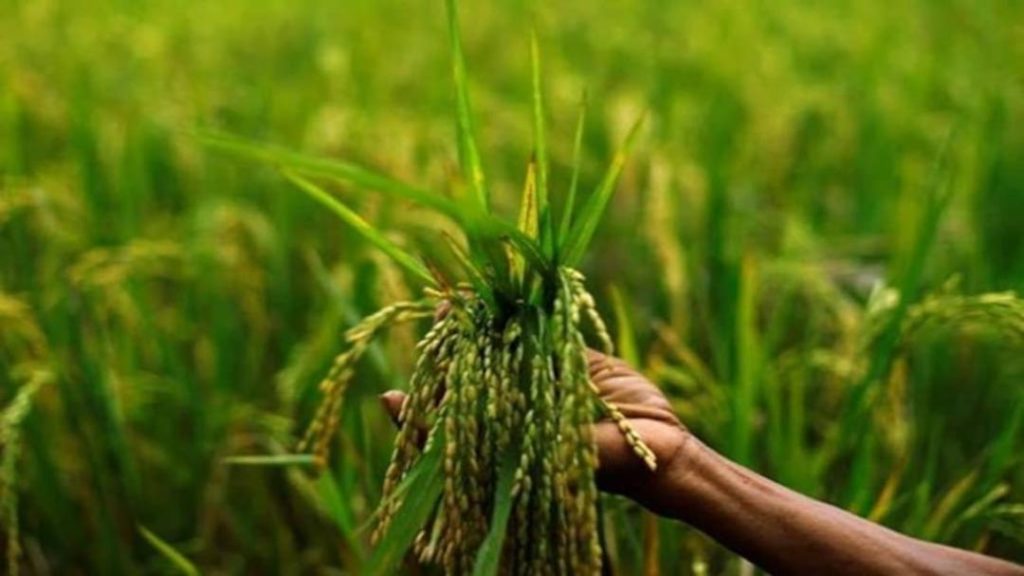
India Cutting Chenab’s Supply Will Increase Water Shortage & Impact Crops, Accepts Pakistan
The ongoing dispute between India and Pakistan over the Indus Waters Treaty has taken a new turn, with Pakistan’s Indus River System Authority (IRSA) acknowledging that India’s decision to cut off the flow of the Chenab river would exacerbate water shortages across the country. According to IRSA, the move would also have a significant impact on the country’s kharif crops, which are already expected to face a shortage of 21% for the remaining early kharif season.
As reported by Times Now, IRSA has stated that the water shortage in the late kharif season is estimated to be around 7%. This is a worrying development for Pakistan, which relies heavily on the Indus River and its tributaries for irrigation and drinking water.
The Indus Waters Treaty was signed in 1960 by India and Pakistan, with the aim of sharing the waters of the Indus River and its tributaries in a fair and equitable manner. However, tensions between the two countries have been rising in recent years, with India’s decision to suspend the treaty in 2018 citing Pakistan’s non-compliance with the agreement.
Pakistan has been facing a severe water crisis in recent years, with the country’s water resources being stretched to the limit. The country’s water storage capacity is estimated to be around 40 billion cubic meters, but the demand for water is much higher, at around 120 billion cubic meters.
The cutting off of the Chenab river’s flow would further exacerbate Pakistan’s water crisis, with IRSA warning that it would have a devastating impact on the country’s agricultural sector. The kharif season, which runs from July to October, is a critical period for Pakistan’s farmers, who rely on the monsoon rains and canal irrigation to grow crops such as rice, wheat, and sugarcane.
Pakistan’s agricultural sector is a significant contributor to the country’s economy, with agriculture accounting for around 20% of the country’s GDP. However, the sector has been facing a number of challenges in recent years, including drought, floods, and pests.
The impact of the water shortage on Pakistan’s kharif crops would be felt across the country, with many farmers already struggling to make ends meet. The shortage of water would also lead to a decrease in crop yields, which would have a negative impact on the country’s food security.
The dispute over the Indus Waters Treaty is not just about water, but also has significant implications for regional stability and diplomacy. The treaty was signed at a time when India and Pakistan were still reeling from the trauma of Partition, and was seen as a symbol of cooperation and friendship between the two countries.
However, in recent years, tensions between India and Pakistan have been escalating, with the two countries engaging in a number of border skirmishes and military stand-offs. The suspension of the Indus Waters Treaty has added to the tension, with both countries accusing each other of violating the terms of the agreement.
In a statement, IRSA claimed that India’s decision to cut off the flow of the Chenab river was a clear violation of the Indus Waters Treaty, and that it would have severe consequences for Pakistan’s water security. The organization called on India to reverse its decision and work with Pakistan to find a peaceful solution to the dispute.
In conclusion, the cutting off of the Chenab river’s flow would have severe consequences for Pakistan’s water security and agricultural sector. The country is already facing a severe water crisis, and the loss of the Chenab river’s flow would exacerbate the problem. Pakistan’s Indus River System Authority has warned that the move would also impact the country’s kharif crops, which are already expected to face a shortage of 21% for the remaining early kharif season.
It is imperative that India and Pakistan work together to find a peaceful solution to the dispute over the Indus Waters Treaty. The treaty was signed to promote cooperation and friendship between the two countries, and its suspension has added to the tension between them.
As the situation continues to unfold, it is essential that both countries take steps to mitigate the impact of the water shortage on Pakistan’s agricultural sector and water security. This can be achieved through a combination of short-term and long-term measures, including the construction of new dams and water storage facilities, as well as the implementation of water-saving technologies and practices.
Ultimately, the dispute over the Indus Waters Treaty is not just about water, but also about the future of India and Pakistan’s relationship. It is essential that both countries work together to find a peaceful solution to the dispute, and that they prioritize the welfare of their citizens above all else.






